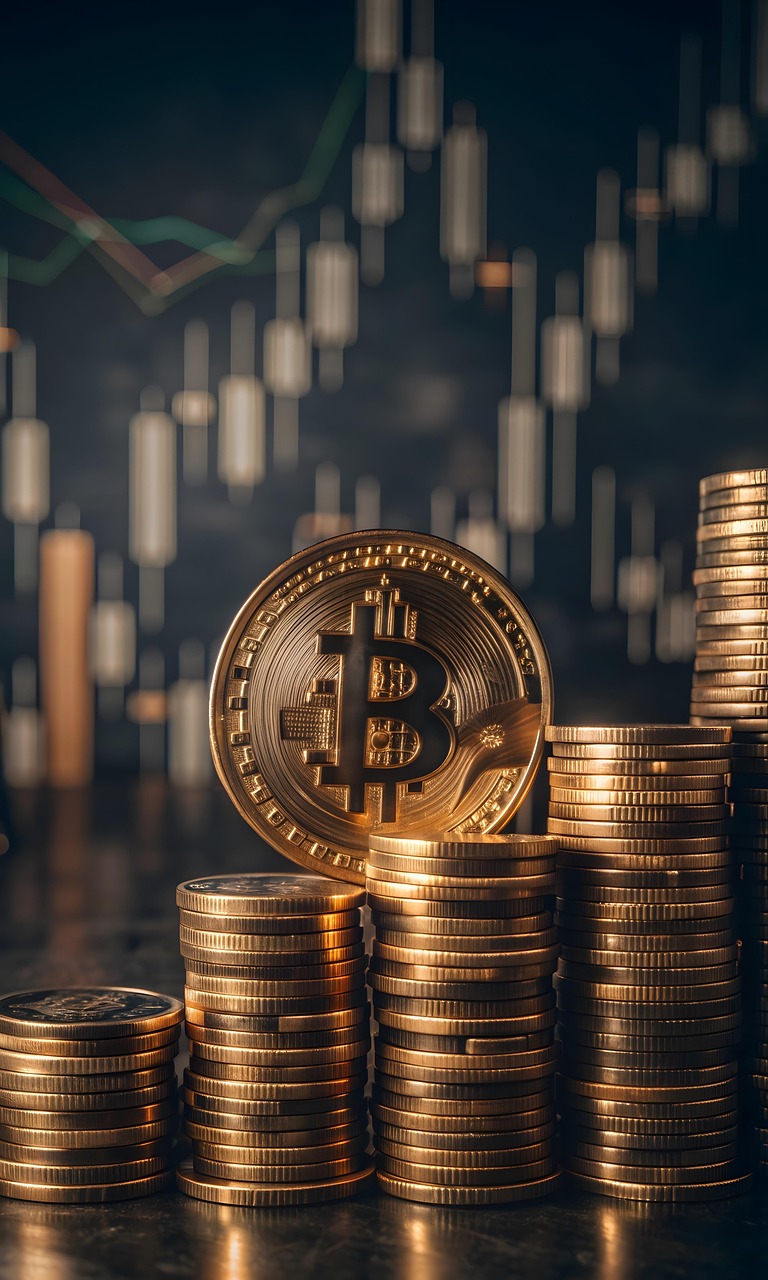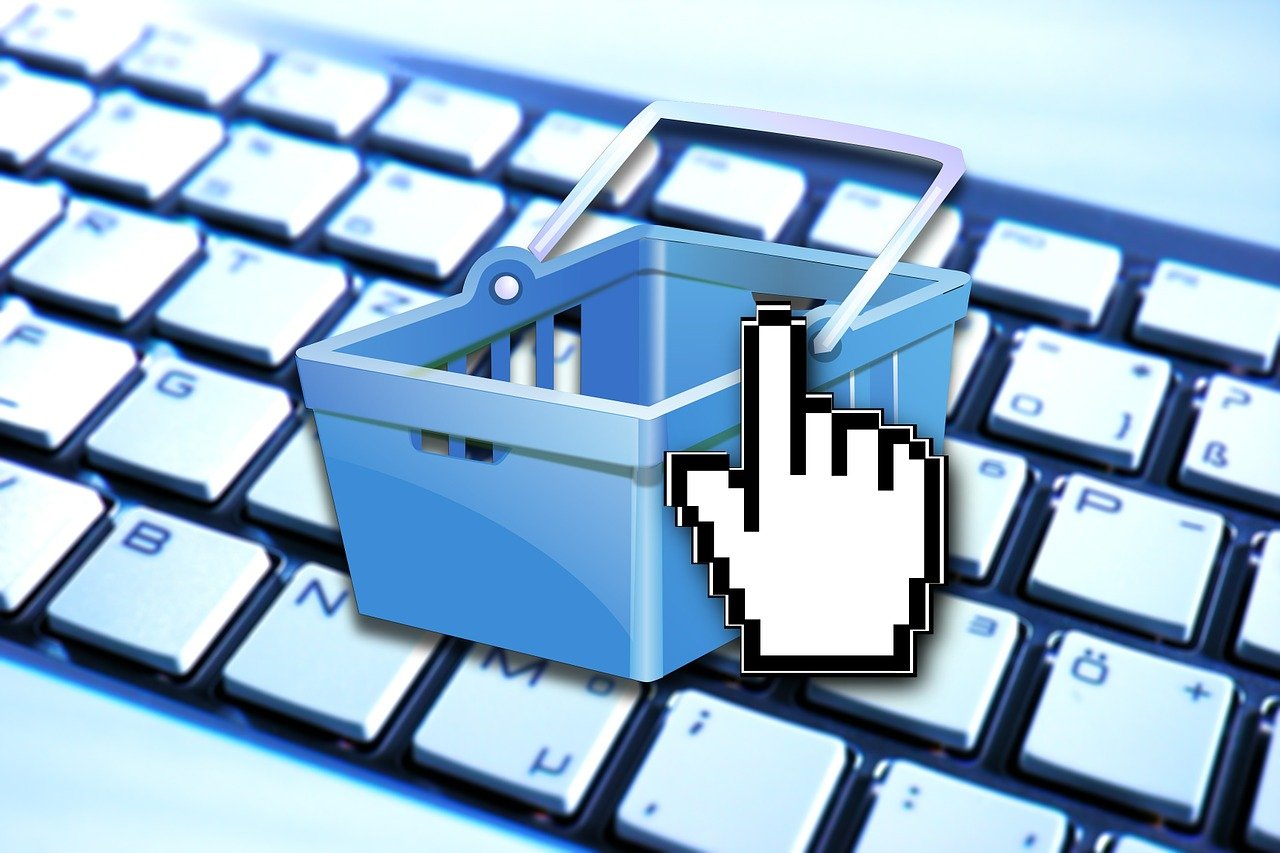Geopolitical Tensions Drive Sanctioned Regimes Toward Bitcoin Amid Global Uncertainty

Brief news summary
The escalating conflict in the Middle East and rising global war risks are driving sanctioned regimes like Russia, Iran, and North Korea to increasingly use Bitcoin over traditional currencies, says AMLBot CEO Slava Demchuk. Russian entities reportedly leverage cryptocurrencies to evade sanctions and launder money, especially after being cut off from SWIFT, prompting possible stricter Western regulations to close crypto loopholes. Geopolitical instability boosts demand for safe-haven assets like Bitcoin, attracting investors amid uncertainty, notes Dacian Cimpean of MultiversX. However, increased regulatory scrutiny may impact crypto markets during volatile times. Meanwhile, BRICS+ countries—including Brazil, Russia, India, China, and South Africa—are exploring a joint central bank digital currency to reduce reliance on the U.S. dollar, though efforts face challenges such as the Dutch M-Bridge platform withdrawal and political opposition. Venezuela and North Korea also use cryptocurrencies—the Petro token and cybercrime respectively—to bypass sanctions and fund defense. Yet Bitcoin’s status as a safe haven remains debated, having dropped 16% during August 2024 turmoil while gold and the dollar stayed stable. These trends underscore the complex, evolving role of cryptocurrencies amid geopolitical tensions and economic instability.Rising tensions in the Middle East and the looming threat of global war are expected to drive more sanctioned regimes such as Russia, Iran, and North Korea to adopt Bitcoin over traditional fiat currencies, according to Slava Demchuk, CEO of compliance and blockchain forensics firm AMLBot. “Russian businesses are utilizing crypto assets for cross-border transfers, sanctions evasion, and money laundering, ” Demchuk claimed. He added in an interview with Cryptonews, “We can anticipate that the G7 and Western countries may introduce new regulations targeting the crypto sector to close loopholes that allow Russians to skirt sanctions. ” This shift toward crypto for sanctions evasion follows sanctions on Russian banks and their removal from the U. S. -linked SWIFT international payment network. Dacian Cimpean, digital marketing expert at decentralized apps platform MultiversX, noted that instability pushes actors toward safe-haven assets. He pointed out that oil prices surged beyond $100 per barrel at the outset of the Russia-Ukraine conflict in 2022, fueling inflation and prompting global monetary policy adjustments. “Digital assets like Bitcoin are sometimes perceived as alternatives to traditional safe havens, drawing investors during crises, ” Cimpean told Cryptonews. “This perception is noticeable in countries facing economic uncertainty, where citizens often turn to cryptocurrencies to safeguard their wealth. ” He further explained: > “However, elevated geopolitical risks can also bring about stricter regulatory measures and possible restrictions on crypto dealings, as governments seek to prevent capital flight or sanctions circumvention. Such actions can weaken market confidence and cause volatility. ” The BRICS+ coalition—mainly Brazil, Russia, India, China, and South Africa—is considering developing a collective central bank digital currency (CBDC) to accelerate their de-dollarization efforts. This ambition to reduce dollar dependence via crypto faces two significant challenges: the withdrawal of M-Bridge, the Dutch platform these countries intended to use, and U. S. President-elect Trump’s threat to stifle the initiative. > The idea that the BRICS Countries are trying to move away from the Dollar while we stand by and watch is OVER. We require a commitment from these Countries that they will neither create a new BRICS Currency, nor back any other Currency to replace the mighty U. S. Dollar or, they… — Donald J.
Trump (@realDonaldTrump) November 30, 2024 Back in 2020, Venezuela turned to a government-issued crypto token called Petrodollar to manage the impact of U. S. sanctions on its troubled democracy. Meanwhile, North Korea, stunned by sanctions targeting its nuclear program, resorted to hacking crypto funds to bolster its defense budget. The UN reports that between 2019 and 2020, the isolated nation raised $2 billion through cybercrime. These cases illustrate how cryptocurrency has become entangled in geopolitical conflicts. However, Bitcoin’s status as a safe haven has been inconsistent. For instance, BTC fell 16% amid the August 5, 2024 stock market crash that affected crypto markets, whereas gold declined just over 1%, showing greater resilience. In April, despite rising demand for safe-haven assets amid escalating Middle Eastern conflict, Bitcoin’s market value dropped 6%. Conversely, gold increased by 8%, and the U. S. dollar also strengthened during the same period.
Watch video about
Geopolitical Tensions Drive Sanctioned Regimes Toward Bitcoin Amid Global Uncertainty
Try our premium solution and start getting clients — at no cost to you

I'm your Content Creator.
Let’s make a post or video and publish it on any social media — ready?
Hot news

AIMM: AI-Driven Framework for Detecting Social-Me…
AIMM: An Innovative AI-Driven Framework to Detect Social-Media-Influenced Stock Market Manipulation In today's fast-changing stock trading environment, social media has emerged as a key force shaping market dynamics

Exclusive: Filevine Acquires Pincites, AI-Powered…
Legal technology firm Filevine has acquired Pincites, an AI-driven contract redlining company, enhancing its footprint in corporate and transactional law and advancing its AI-focused strategy.

AI's Impact on SEO: Transforming Search Engine Op…
Artificial intelligence (AI) is rapidly reshaping the field of search engine optimization (SEO), providing digital marketers with innovative tools and new opportunities to refine their strategies and achieve superior results.

Deepfake Detection Advances with AI Video Analysis
Advancements in artificial intelligence have played a crucial role in combating misinformation by enabling the creation of sophisticated algorithms designed to detect deepfakes—manipulated videos where original content is altered or replaced to produce false representations intended to deceive viewers and spread misleading information.

5 Best AI Sales Systems That Convert Without Huma…
The rise of AI has transformed sales by replacing lengthy cycles and manual follow-ups with fast, automated systems operating 24/7.

Latest AI and Marketing News: Weekly Roundup (Dec…
In the swiftly evolving realm of artificial intelligence (AI) and marketing, recent significant developments are shaping the industry, introducing both new opportunities and challenges.

OpenAI sees better margins on business sales, rep…
The publication stated that the company enhanced its “compute margin,” an internal metric representing the portion of revenue remaining after covering the costs of operating models for paying users of its corporate and consumer products.
AI Company
Launch your AI-powered team to automate Marketing, Sales & Growth

and get clients on autopilot — from social media and search engines. No ads needed
Begin getting your first leads today








